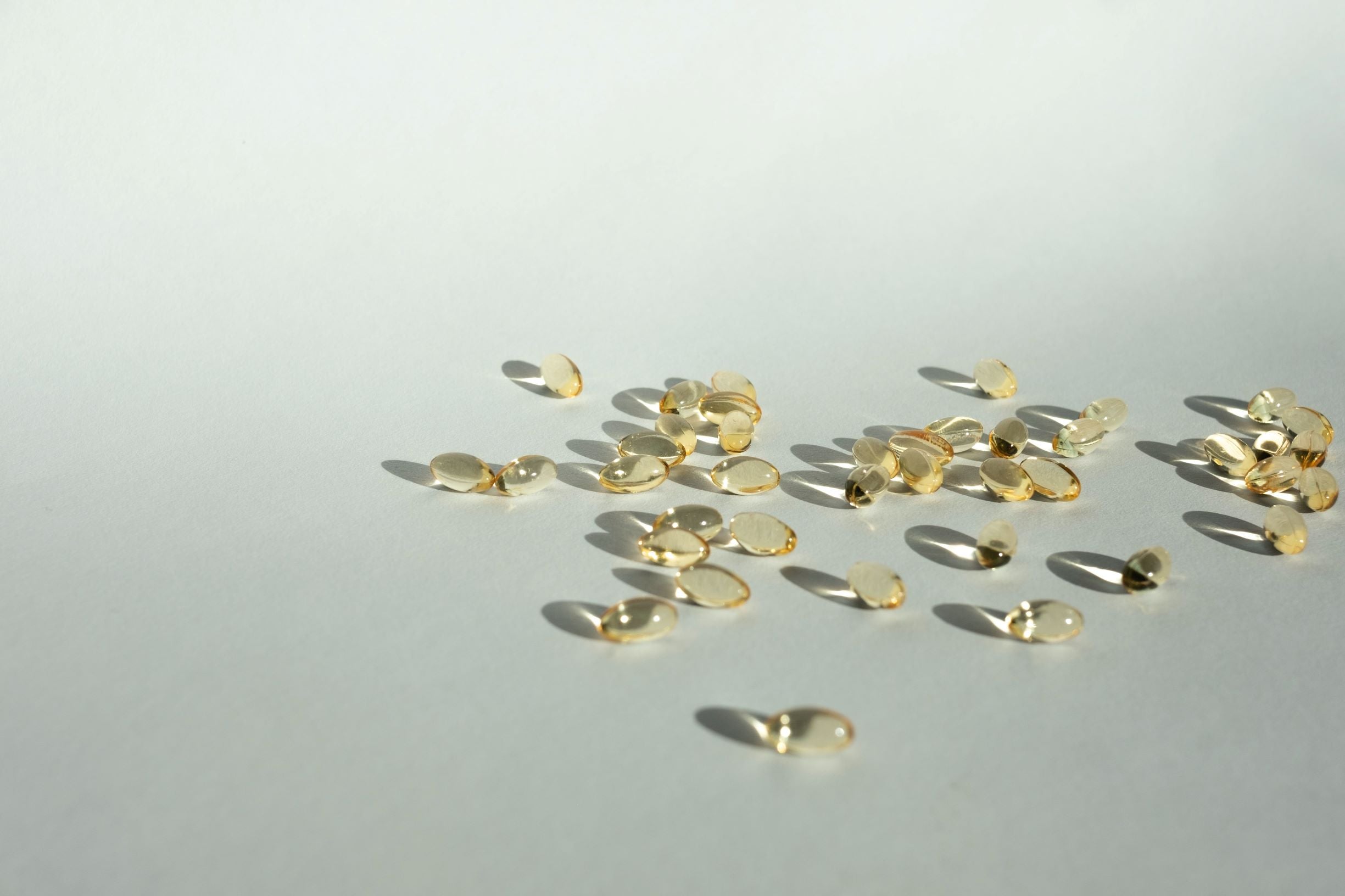
Changing Seasons: Autumn Wellness
With the change of seasons, comes a change in weather; the cooler, shorter autumn days are a crucial time to begin preparing your physical and mental health for winter, and supporting immunity.
Our bodies thrive off nourishment according to the stages and cycles they are currently in; and like the seasons, our bodies require change and adaptability throughout the year.
Set intentions: It is such a grounding, positive ritual to make a habit of setting and reflecting on goals and intentions at the beginning of each new season. Energetically, autumn is a time for grounding, inner reflection, organisation and setting boundaries.
Reflect and think about your health, thoughts, feelings, emotions, and relationships since the beginning of the year. In which ways have you grown and implemented positive changes so far? What areas do you feel need more work and attention? What intentions do you want to begin putting into action over the next months?
I encourage you to write these questions and prompts down in a journal or on a piece of paper (or computer, if you prefer, however physically writing goals down is both a cathartic process, and has been shown to increase the likelihood of achieving goals).
Try dividing your goals into three main sections, for example; physical, mental/emotional, social/relationships, and any other core areas of your life that are important to you, such as career, creativity or hobbies. When creating goals, keep them focused on your dreams and ambitions, whilst also remaining as realistic, balanced and achievable as possible; things that you will be able to stay consistent in. Start small and be gentle on yourself. If one of your goals is to enhance your nutrition, perhaps begin by making it a goal to add in one large, colourful salad every day alongside your meals, and build from this foundation.
Connect with nature and exercise regularly: Make it a priority to tune into nature’s beauty and the outside world. This is an incredibly powerful way to connect with the external world and within ourselves, to incorporate mindfulness, presence and gratitude in our daily lives, and to experience the wealth of physiological benefits that regular exposure to nature offers; such an increased immunity, diversified microbiome, increased energy, mood, circadian rhythm, and parasympathetic nervous system activation (this means more time spent in ‘rest and relax’ mode, rather than ‘fight or flight’ mode’). Try to spend at least 10-15 minutes outside in nature, every day, even on those days that are overcast and rainy. You can do this by actions as simple as waking up early and standing with your bare feet on the grass for 10 minutes, eating lunch outdoors, going for a beach walk, etc. This leads onto the next point: Vitamin D.
Vitamin D is an essential nutrient for immunity, hormone health, gut health, mood, and more. As the sunny days shorten, it is essential to spend as much time as possible exposed to natural light outdoors, even on cloudy, overcast days. For many, a Vitamin D supplement can be supportive in maintaining your stores throughout the cooler months. Also focus on adding food sources rich in Vitamin D to your diet; oily fish such as salmon, sardines and cod, mushrooms, and eggs (always local and organic if possible).
Taking care of your gut: An abundance and variety of good bacteria is a cornerstone of gut health and has many links to immunity. The best way to ensure that your gut microbes are in good shape, is to consume a range of prebiotic and probiotic rich foods. Prebiotic foods contain fibre which feed gut microbes, and include oats, wholegrains, apples, bananas, fruit and vegetables. Probiotic foods contain live organisms which support diversity of gut flora, such as kefir, kimchi, coconut yoghurt, and sauerkraut. Probiotic supplements can be an additional supportive boost to your gut function and immunity.
Food as Medicine: As the seasons change and days cool down, we can begin to be inspired by warming, colourful, nourishing foods. Isn’t it amazing that beautiful cruciferous vegetables, kumara, and citrus fruits, which are packed with vitamin A, Vitamin C, antioxidants, and other nutrients which play crucial roles in immunity, will be coming into season very soon?
To support your immunity, eat as many leafy greens, seasonal wholefoods, and colourful fresh fruits and vegetables as possible, and include immune modulating and antimicrobial foods in your diet, such as garlic, onion, ginger, turmeric, rosemary, and thyme. Spices and aromatic herbs are an incredibly rich source of a range of nutrients, antioxidants and phytochemicals which support immunity, reduce inflammation and oxidation in the body.
Choose nourishing tonics as alternatives to coffee or sugary beverages: such as turmeric lattes (with black pepper and a fat source for best absorption), spiced chai, or a warming cacao. Perhaps replace your morning coffee with one of the drinks above or try an adaptogenic mushroom powder (such as reishi or chaga) or herbal teas such as ginger, echinacea, and elderberry.
Zinc is an important nutrient which is low in NZ soils, and therefore many people are low or deficient in. Zinc has been shown to prevent respiratory infections, sore throats, and support immune system function. Foods rich in zinc include oysters, shellfish, wholegrains, pumpkin seeds and sunflower seeds; Zinc is often found in protein-rich foods, a macronutrient also essential for immunity, growth and repair. A supplement can also be helpful to boost your stores.
Vitamin C is a super nutrient for immune system health, supporting immunity as a powerful antioxidant as well as its role in white blood cell activity. Vitamin C is found in highest quantities in kumara, pumpkin, leafy greens, broccoli, red capsicum, kiwifruit, parsley and citrus. It is also helpful to have higher dose Vitamin C on hand, to dose up on if you are feeling a bit under the weather, or the start of a cold or infection coming on. Vitamin C is water soluble in the body, so excess is excreted in the urine; a form such as lipospheric or buffered Vitamin C, taken throughout the day, is the best way to top up Vitamin C levels in a way that the body can best absorb and integrate.
Sleep is crucial for wellbeing, energy, mood and immune function. Ensure at least 8 hours of good quality, restful sleep each night to help your body repair and renew.
If you or someone you know struggles with recurrent colds or infections, lowered immunity, or seasonal affective disorder, there is a lot that can be done with natural means to support these conditions and restore health and wellness. Book for an appointment with one of our naturopaths or come in store to our dispensary to receive personalised advice for supporting your immune system, gut health, mood and mental health throughout the seasons.



